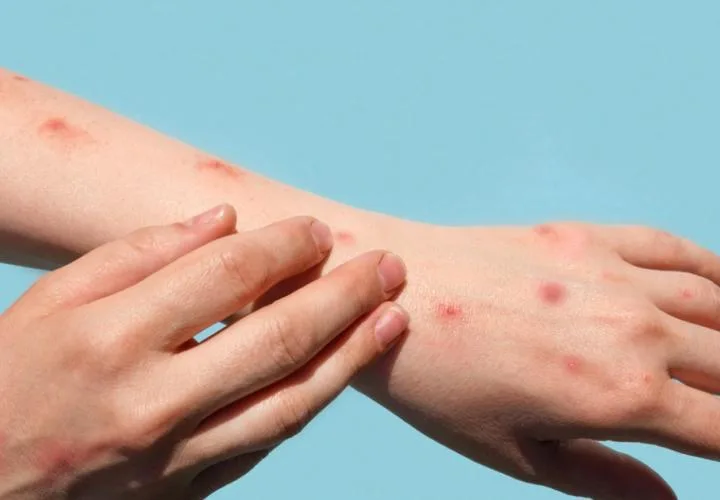Introduction: The Africa Centres for Disease Control and Prevention (Africa CDC) has issued an urgent appeal for increased support from Western nations in combating the ongoing mpox outbreak. With 107 deaths and 3,160 new cases reported in just one week, the agency is pushing for stronger global cooperation to meet its $600 million funding target.
Background on Mpox Outbreak
Mpox, also known as monkeypox, is caused by a virus closely related to smallpox. While typically a zoonotic disease (transmitted from animals to humans), mpox can spread through direct human contact. Symptoms often include fever, chills, body aches, and, in severe cases, lesions on the skin. The disease can be fatal, especially in countries with limited healthcare resources.
- Historical Perspective: Mpox was first identified in humans in 1970 in the Democratic Republic of the Congo (DRC). Since then, sporadic outbreaks have occurred primarily in Central and West Africa. In recent years, however, the disease has spread more widely, raising concerns among global health experts.In August, the World Health Organization (WHO) declared the current mpox outbreak an international emergency. The epicenter of this crisis is the DRC, with the new clade 1b strain contributing to the surge in cases.
Current Situation
Dr. Jean Kaseya, Director-General of the Africa CDC, has called on Western countries to learn from the COVID-19 pandemic and prevent another crisis by stepping up funding and vaccine distribution. He emphasized the need for swift action, as 14 countries across Africa are now battling the outbreak.
- Recent Statistics:
- Deaths last week: 107
- New cases last week: 3,160
- Total cases in DRC since January: Nearly 22,000
- Total deaths in DRC since January: 716
Africa’s Challenges in Addressing the Crisis
Africa CDC is facing a critical shortage of resources. The agency has so far secured only a fraction of the $600 million needed to tackle the outbreak.
- Key Issues Highlighted:
- Lack of Testing: Testing levels remain low across the continent, which could mean the actual number of cases is much higher than reported.
- Limited Vaccines: Despite receiving around 250,000 vaccine doses from the European Union and the U.S., more are desperately needed.
- Cross-Border Surveillance: Dr. Kaseya emphasized the importance of improved cross-border surveillance to contain the spread of the virus.
Mpox and Western Response: Lessons from COVID-19
During the COVID-19 pandemic, many African nations felt abandoned by wealthier countries, as vaccines were hoarded and distributed preferentially to richer nations. Dr. Kaseya pointed out that the trust between Western countries and Africa was severely damaged during this time.
- Mpox Vaccination Support:
- EU Donation: 200,000 doses delivered to DRC.
- U.S. Donation: 50,000 doses.
- Japan’s Promise: 3 million additional doses pledged.
- European Nations: Several have committed to sending hundreds of thousands more doses.
However, much of this promised aid has not yet materialized, leaving Africa CDC in a difficult position as the virus spreads rapidly.
The Importance of Global Solidarity
Dr. Kaseya stressed that global solidarity is essential to stopping the outbreak. He reiterated the need for immediate action from Western nations to support Africa’s fight against mpox, not just in terms of vaccines but also funding, testing resources, and public health infrastructure.
- Key Takeaways:
- Africa has already made strides, with some African Union member states contributing to the six-month response plan.
- However, Western support is still essential to fully address the crisis and avoid repeating the mistakes of the COVID-19 pandemic.
What’s Next?
Dr. Kaseya announced that he will be traveling to the DRC to oversee the vaccine rollout, expected to begin in the first week of October. His participation aims to assure both the Congolese people and the rest of the continent that the vaccine is safe and effective.
Conclusion:
Africa’s mpox outbreak is not just a regional issue but a global health crisis that requires immediate attention and support from the international community. With the right resources and collaboration, Africa CDC hopes to contain the spread and prevent further loss of life.




+ There are no comments
Add yours